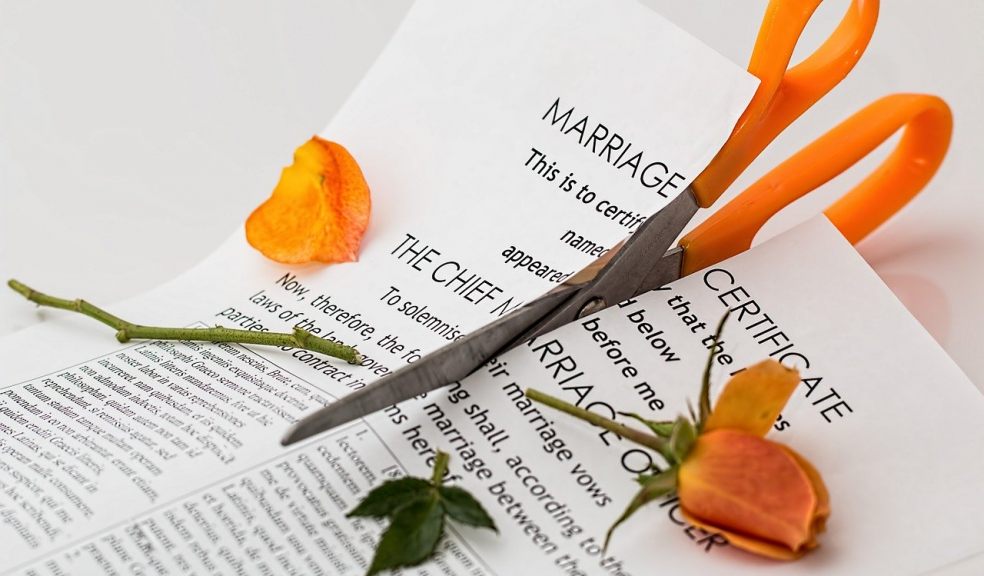
Life Insurance After a Divorce - What Happens?
There’s nothing in life quite as complicated as human relationships. Whether it’s with your parents, friends, or loved ones, there are often problems and misunderstandings that could easily lead to the faltering of those relationships. One of the worst and most difficult things a person could go through is a divorce. It is an emotionally charged time where spouses divide their assets, and they go through all the complications of separation. It is never easy to go through this process, and if children are involved, things are even more difficult. It is important that you know what to do going through this rough time, especially when it comes to the division of assets as well as insurance money, especially from life insurance policies. So, what happens exactly to a life insurance policy after divorce?
Who is the main beneficiary?
Life insurance policies, in general, are created so that your family wouldn’t have to suffer financially in case of your unexpected demise. It is made to support them in case your income is no longer available because of death, so they could cover any expenses they might have like credit card debt and mortgage. Most often, the insured person lists their spouse as the main beneficiary in case they pass away. But if there is a divorce, all of that changes. There are a lot of angles to consider here, like whether or not there are children involved. In any case, you will most likely want to change the beneficiary of your life insurance policy, especially if the divorce was an unpleasant one. So, can you do it?
Revocable versus irrevocable
For the most part, most life insurance policies are revocable, which means you can change beneficiaries if you want. But there are also some cases where people appoint irrevocable beneficiaries, which means they cannot be changed. Depending on which life insurance policies you selected early on, you might be able to change its terms after a divorce.
Individual life insurance policies
Another factor that will play into how complicated this process will be is whether or not the life insurance policy was individual –– meaning each of the spouses holds a separate life insurance policy. As you can see on this link, holding separate policies makes managing life insurance a lot easier after a divorce. If you want to change the policy, you will just need to contact your insurance company and fill out some forms to make it official. It is recommended, though, that you keep your ex-spouse as the main beneficiary if there are children involved, and your former spouse relies on payments for you to support those children.
Joint life insurance policy
This is where things get a bit more complicated. Around 40% of life insurance policies sold in the UK are joint ones, which means they are obtained by married couples and payout once after the death of either. It is basically a shared policy between the two, and it is much more affordable for married couples to get. The problem is, changing a joint life insurance policy isn’t as easy as with the previous case. It usually cannot be divided between the two, unless in certain cases where you will have to let go of a part of the policy’s value, which leaves you with some money after paying the premiums and penalties. Or one partner could choose to hand over the policy to the other, which is done through a legal process.
Child support
Most life insurance policies accumulate value over time. You pay your premium every month, and a part of it is saved in a fund that grows with interest. Some people don’t even wait until the death of a party, but rather cash out the life insurance policy because that fund is worth a lot of money after some years. This will most likely play into child support and alimony, and it is particularly important for the spouse that is to take custody of the children after the divorce is over. In a lot of cases, the insurance money is cashed out and split between the two parties, unless they agreed on something else. This is often the optimum solution to ensure that children won’t get affected by the separation, financially at least.

A divorce is extremely taxing and can have devastating effects on both the spouses and the kids. It is often best to seek legal advice on how to proceed with life insurance policies and any other financial affair, but it is important to remember that you did love your partner at some point, so they are not enemies. Work together for the future of your children, or your own peace of mind after the divorce.





















